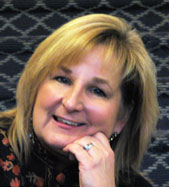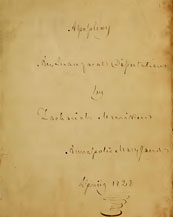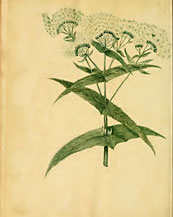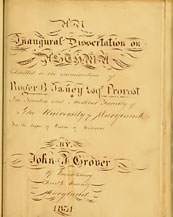
Executive Director
After my “Grinch” column at the end of 2011, I vowed as my 2012 New Year’s resolution to have a kinder and gentler approach to my column writing…at least for the column title!
About two weeks ago, I had an interesting conversation with a campus colleague on the very subject I wrote about in December: why not everyone can have access to our resources. This particular conversation had to do with expanding access to our resources to a broader state audience. Basically, the thought was that we wouldn’t need any more library staff to manage wider access to e-resources. The assumption was that we just “turn them on” and let them run. Nothing could be further from the truth, and I recommend the article by our Head of Collections Management, Steven Douglas, which follows this column, for a look at “The Care and Feeding of Electronic Resources.” Suffice it to say that the complexities of selecting, licensing, and assuring access to e-resources are many. When you can get to an article directly through a Google search, it may not be because it is free but because Steve and his team work diligently behind the scenes to make it as seamless and transparent to the user as possible. I am reminded of the Rice Krispies Treat television commercial a few years back where the mother threw flour on her face and looked stressed about producing those yummy treats. No one could believe something that good could be so effortless. Maybe we make it look too easy. Perhaps we need to throw some flour on our faces!
Of Interest: The 2012 NMC (New Media Consortium) Horizon Report has been released. This report examines key trend, challenges, and technologies to watch at the intersection of technology and teaching, and learning.












